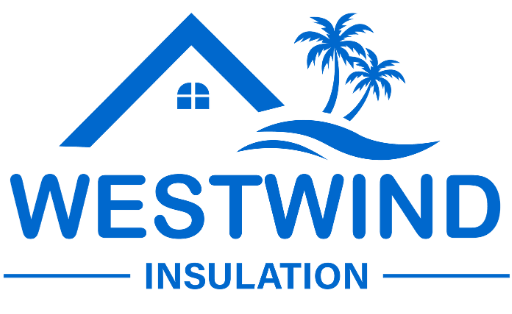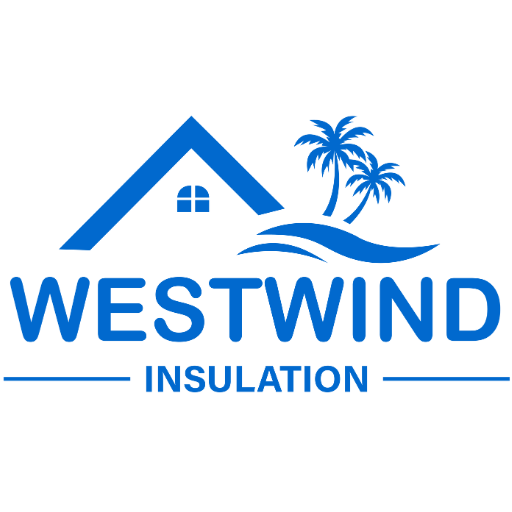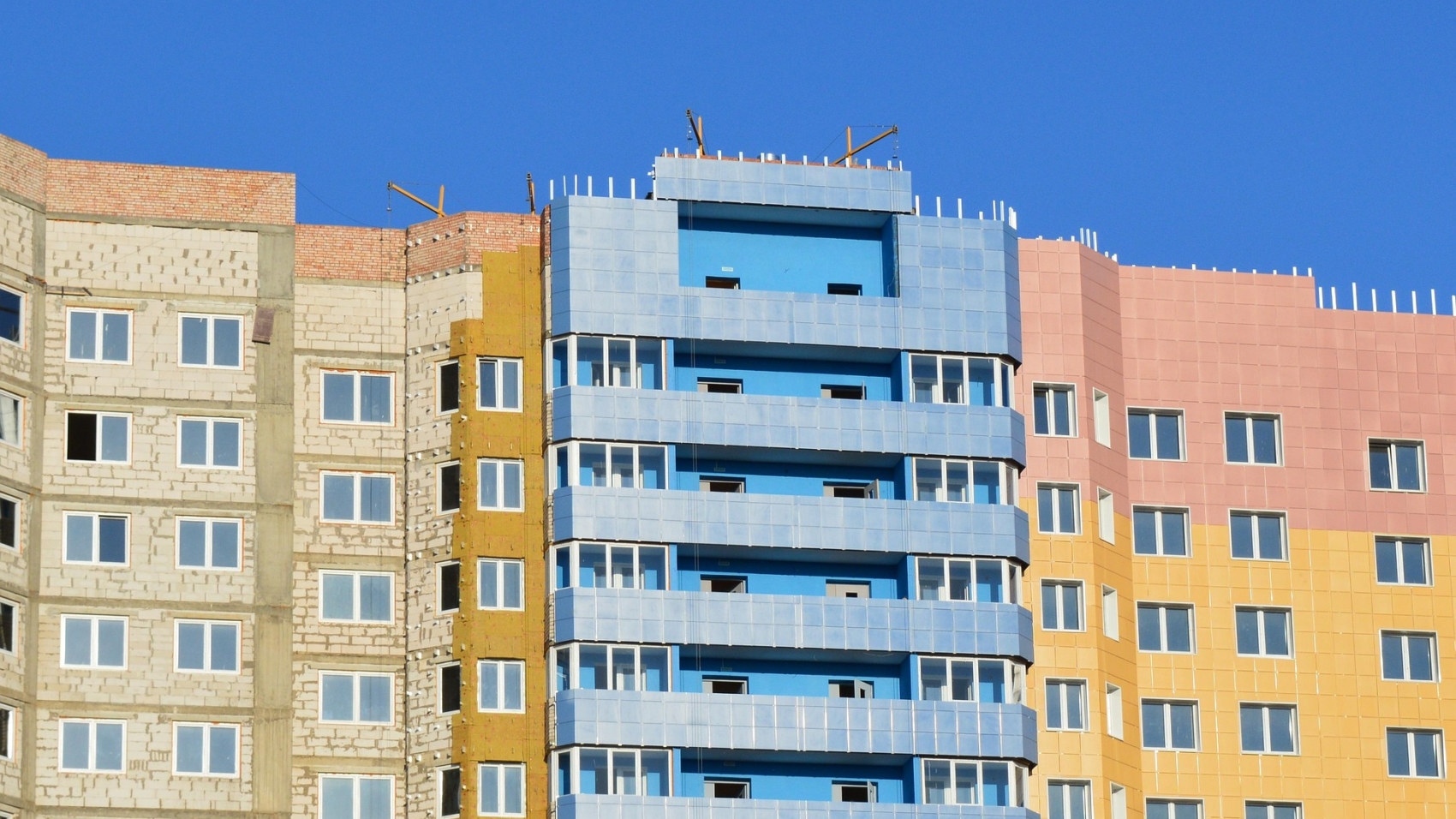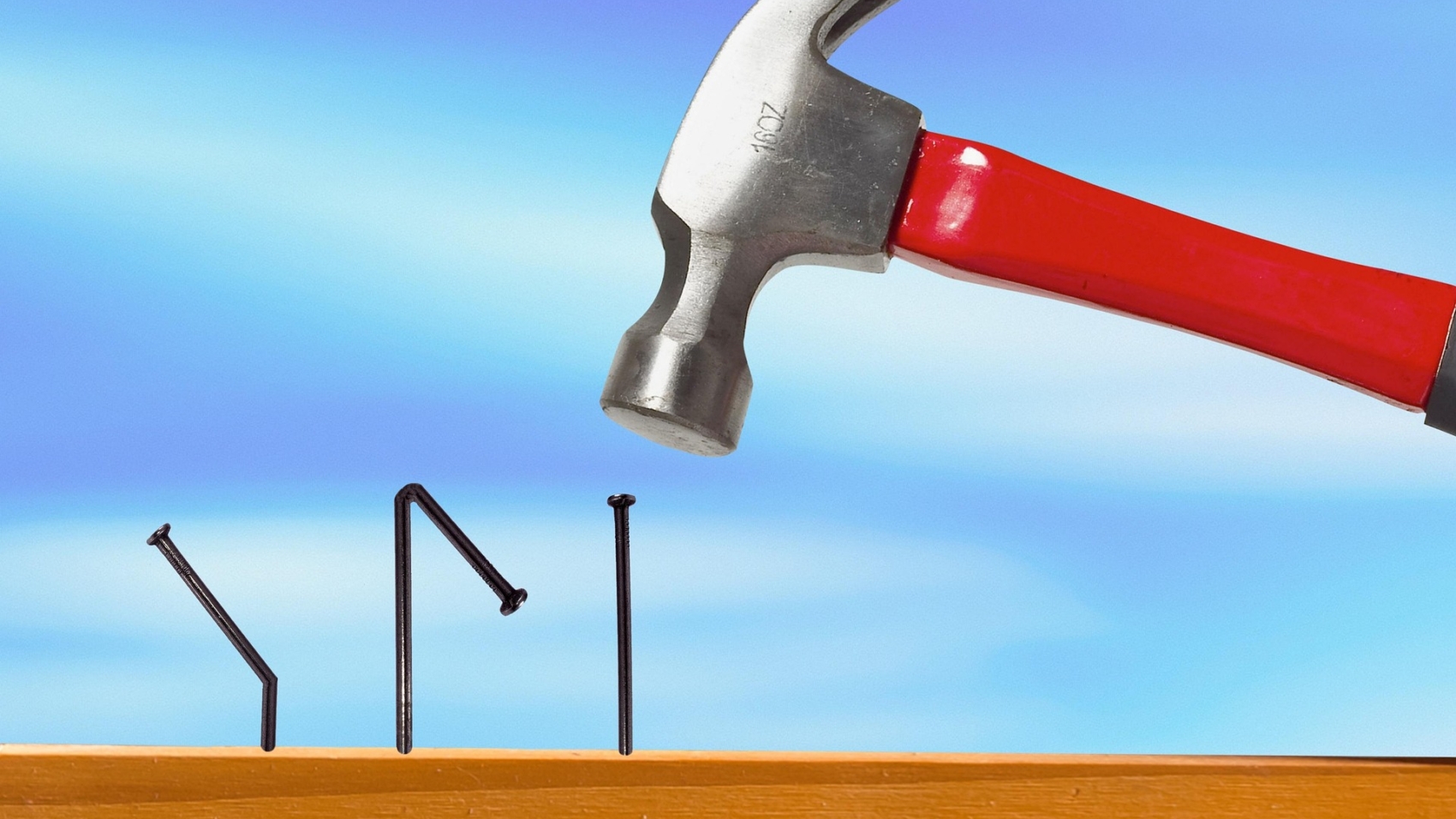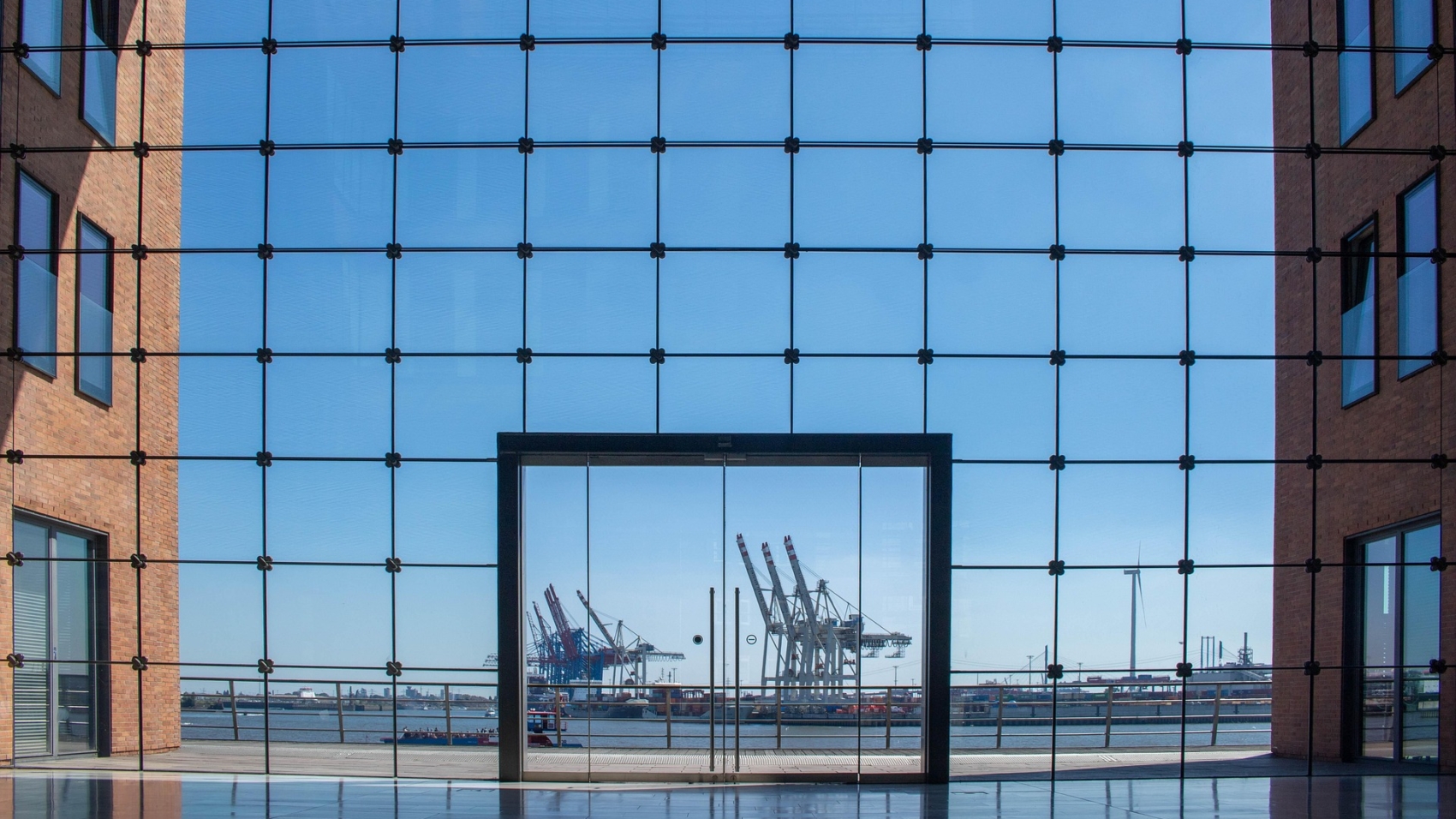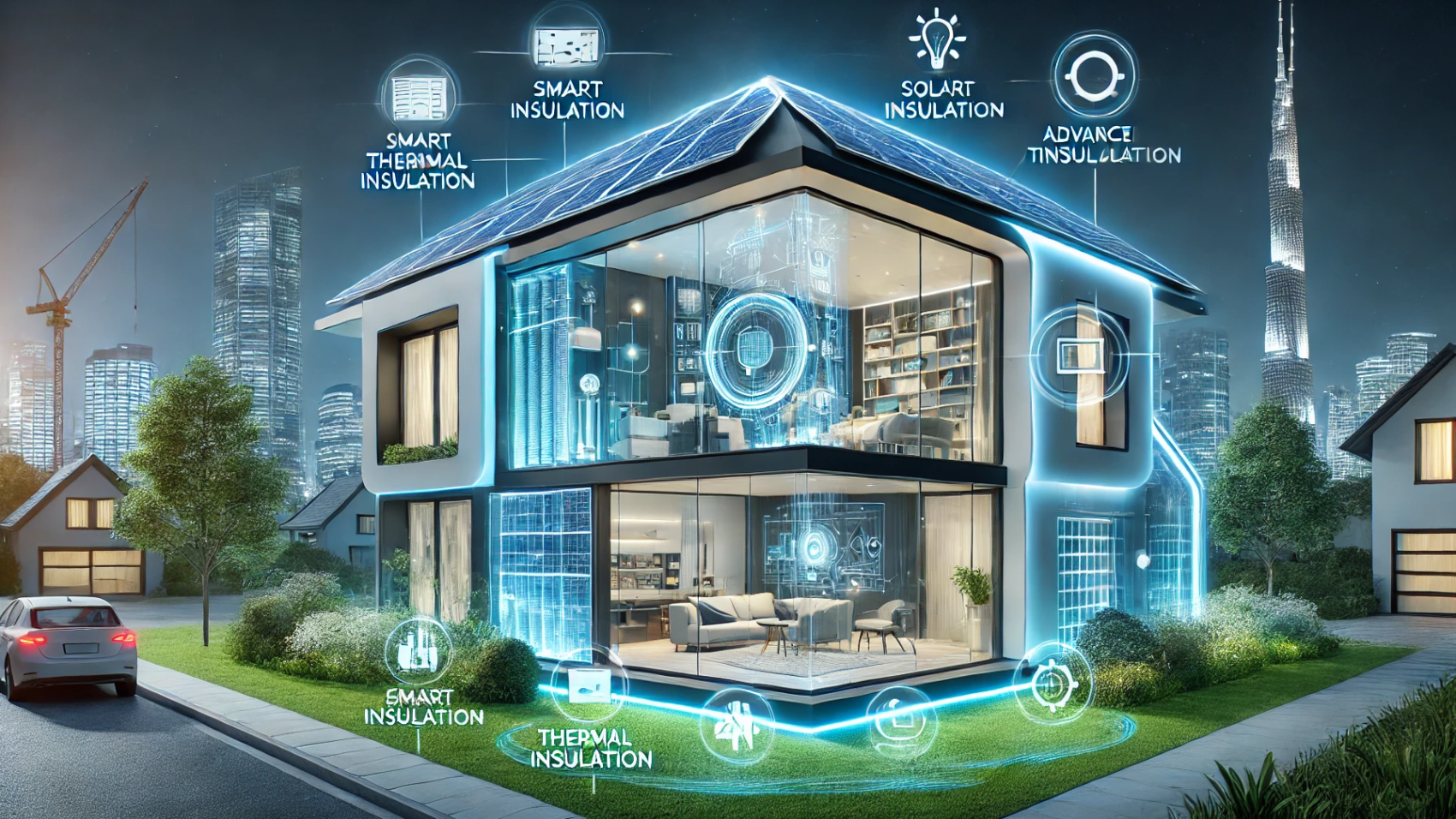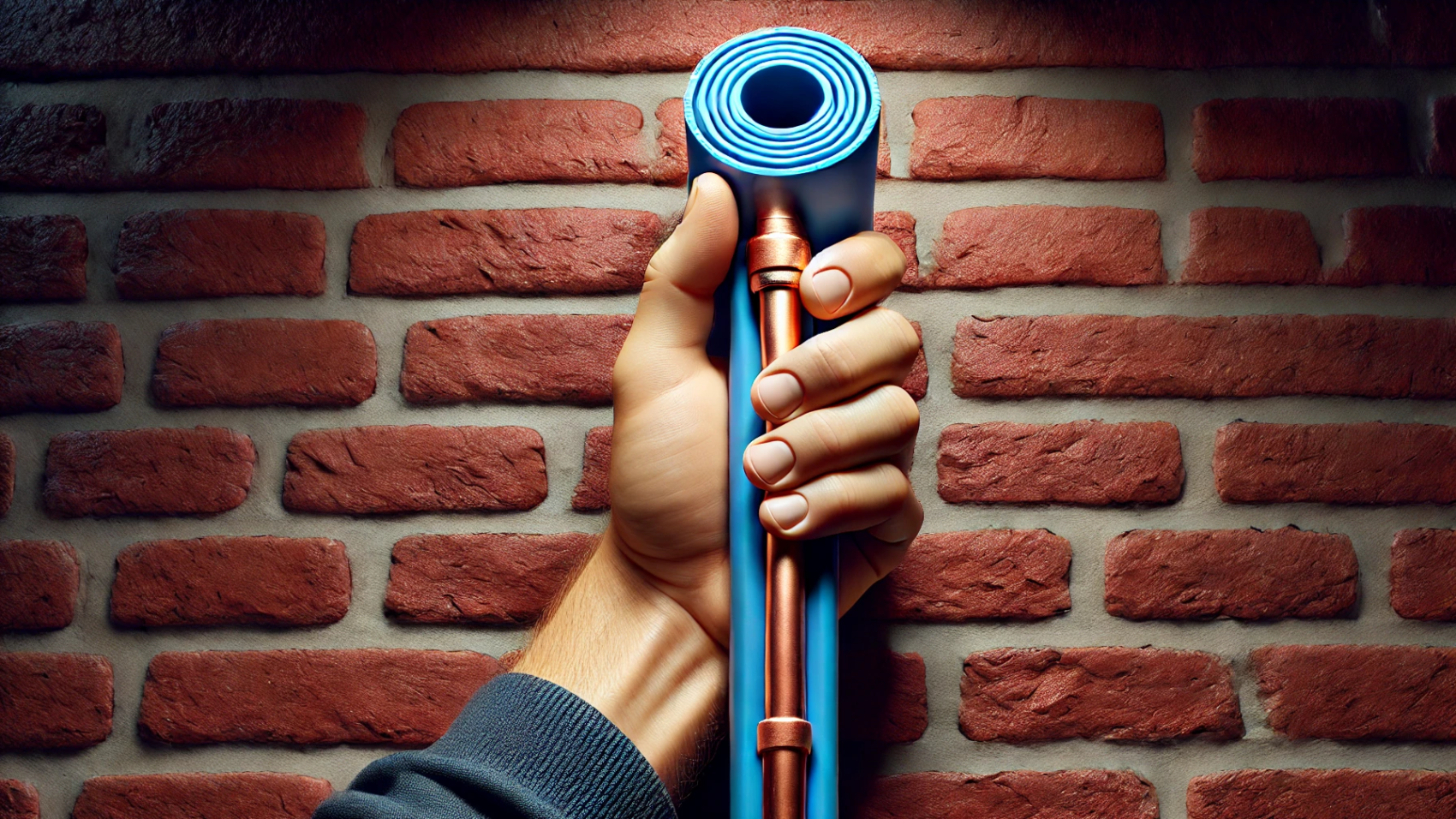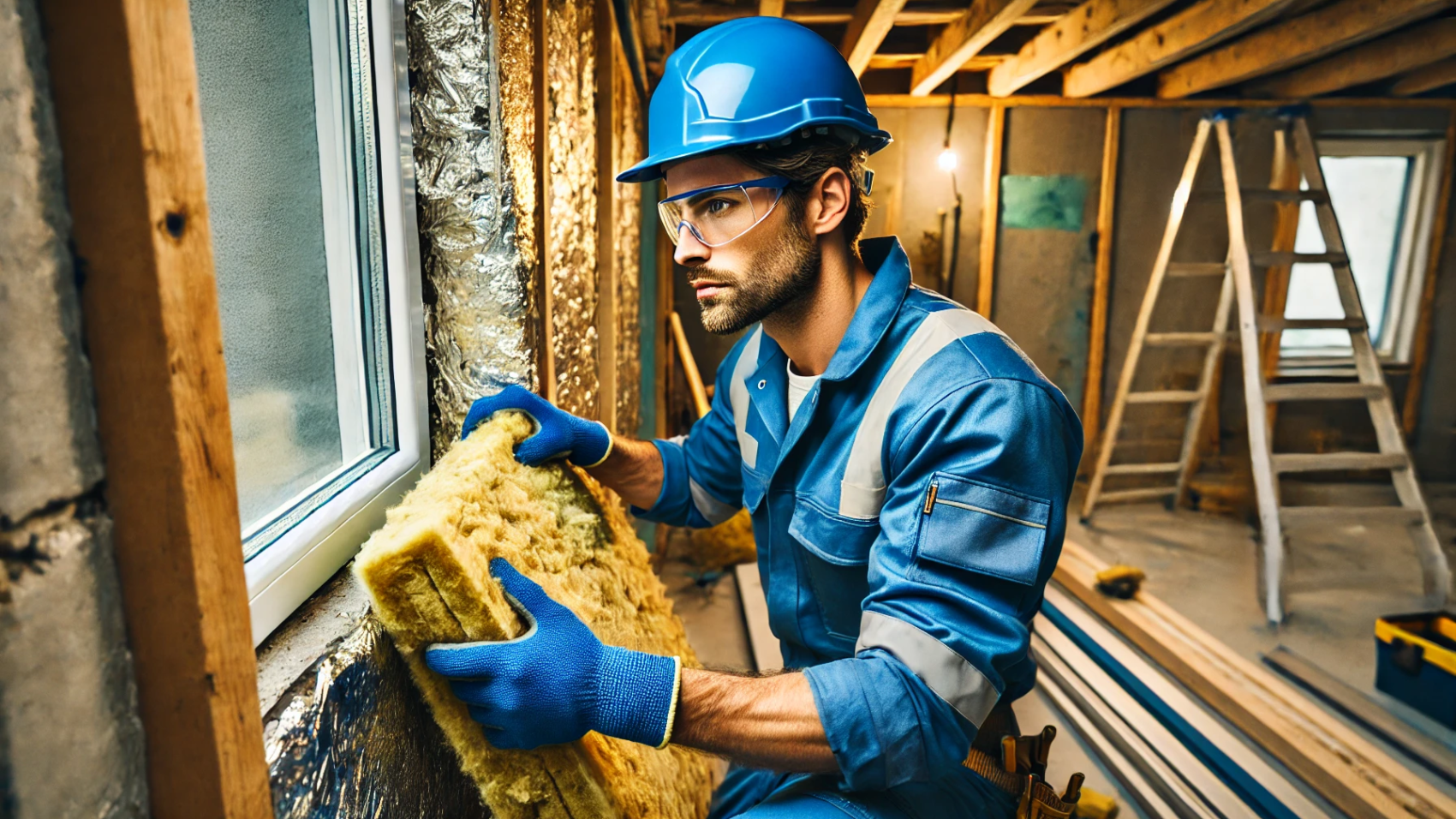If you’re looking to make your home or business more energy-efficient, insulation should be at the top of your list. Proper insulation is the foundation of energy savings, comfort, and sustainability.
One of the most effective ways to improve energy efficiency is by upgrading your insulation. Insulation creates a thermal barrier, preventing heat transfer between the inside and outside of your home or building. This means your heating and cooling systems don’t have to work as hard, reducing energy consumption and utility bills.
Another benefit of insulation is its ability to seal gaps and cracks. Over time, homes and buildings can develop small openings that allow air to escape. Insulation fills these gaps, creating an airtight seal that enhances energy efficiency.
In addition to reducing energy costs, insulation also improves indoor comfort. By maintaining consistent temperatures, insulation eliminates cold spots and drafts, creating a more comfortable living or working environment.
At Westwind Insulation, we provide expert insulation services that help you achieve your energy efficiency goals. Whether you’re upgrading an existing property or building a new one, our team ensures that your insulation is installed correctly and efficiently.
Investing in insulation is a smart way to reduce your carbon footprint and contribute to a greener future. Contact Westwind Insulation today to learn more about our energy-efficient insulation solutions.
